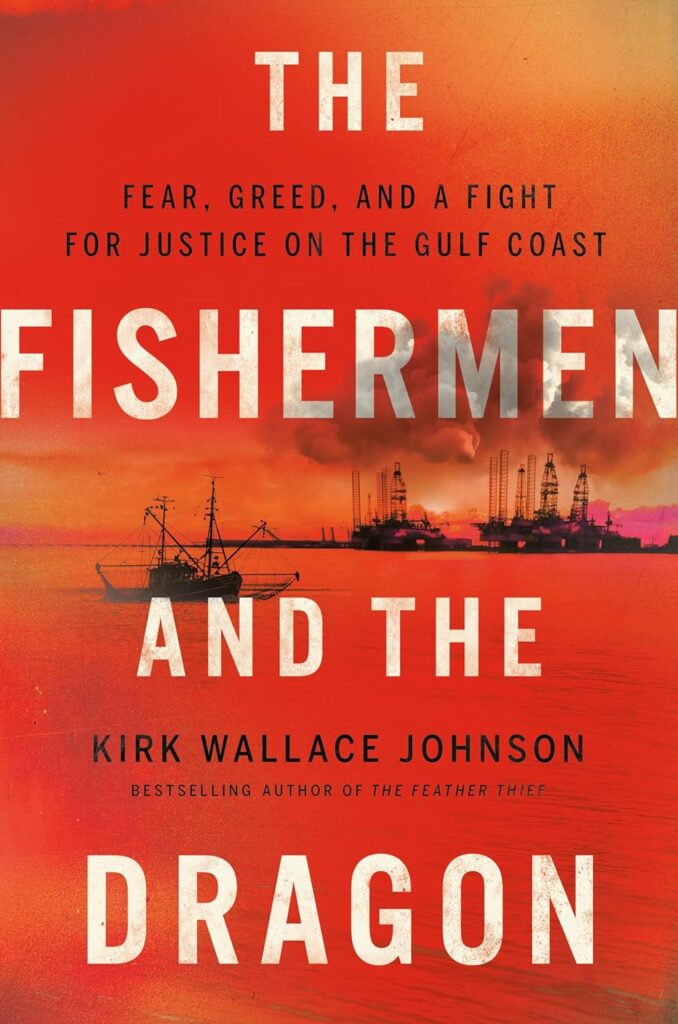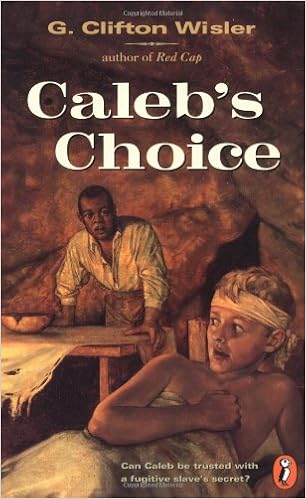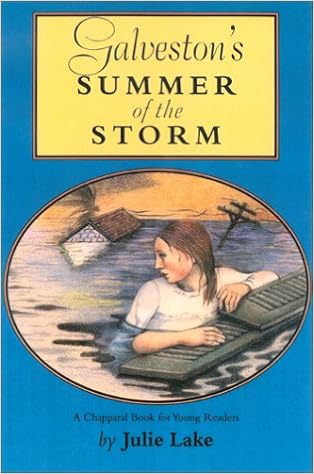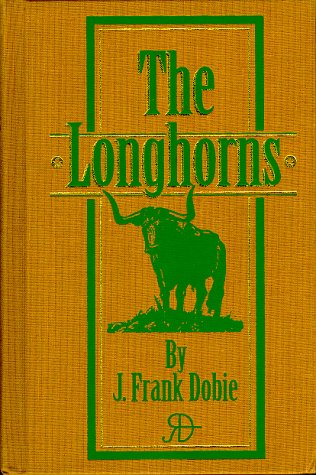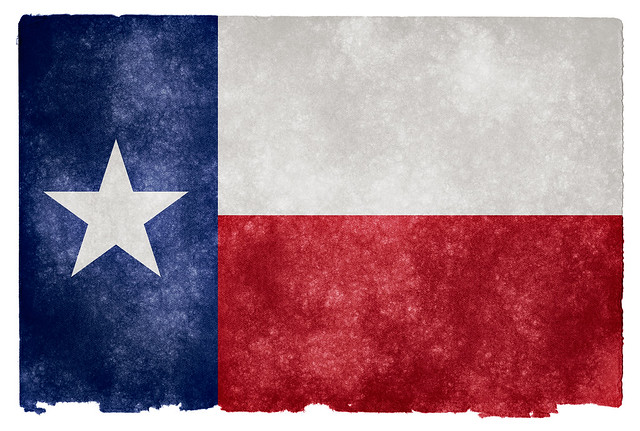The Fishermen and the Dragon: Fear, Greed, and a Fight for Justice on the Gulf Coast by Kirk Wallace Johnson, author of The Feather Thief.
The fact that most of this true story took place practically in my backyard had something to do with its fascination for me, I’m sure. Nevertheless, I would recommend the book to anyone since it speaks to many of the issues that are still open and debated in our time: racism, anti-immigrant sentiment, mob action, government corruption, corporate greed, environmental activism, and more. The book certainly doesn’t do much to enhance the reputation of my particular community. All I can say is that, although I feared doing so, I did not find any familiar names or events in the narrative. Most, if not all, of the events in this book were news to me, even though I live just up the road from Kemah and Seabrook where most the story takes place.
I did know of some unrest and antagonism between the fishermen in the Gulf of Mexico and along the Texas coast and the Vietnamese immigrants who were coming into the area in the aftermath of the Vietnam War. Many of these Vietnamese refugees were fishermen by heritage and trade, and it was natural for them to begin plying that trade along the Gulf Coast. It was also inevitable that there would be friction between these newcomers with a different language and culture and the Gulf Coast fishermen who were already struggling with decreased harvests of fish and other seafood and the poisoning of the bays where they made their living by petrochemical plants, oil spills, and and other hazards of modern life. But I thought the problem was over-fishing: not enough fish and too many fishermen.
But Mr. Johnson’s book shows that the problem was much more racial and cultural than economic. Yes, there was a problem with over-fishing, but only because pollutants were destroying many of the prime fishing areas. And generally the Vietnamese were willing to work longer and harder, often with the entire family pitching in to help, than the predominantly white fishermen were accustomed to working. So the Vietnamese got more fish. It wasn’t fair! They must be communists!
As tensions grew, a Vietnamese man killed a white “crabber” (crab fisherman) in self-defense. Then the KKK became involved, and the Southern Poverty Law Center, and everything became much more theatrical and at the same time more enflamed and dangerous. And one lone woman was trying with her own theatricals to direct attention toward the encroaching danger of environmental pollution and corporate malfeasance while everyone else was either (the white guys) busy burning crosses and torching shrimp boats or (the Vietnamese) trying to protect their homes, families and livelihoods from the racist Klansmen.
It’s a fascinating story, and I only wonder what’s happened since this book was published in 2022. Near the end of the story, the author says that most of the shrimp consumed in the U.S. nowadays comes breaded and frozen from shrimp farms in Asia. It’s cheaper that way, and the shrimping industry along the Gulf Coast is minimal. “There were hardly any shrimp left in the bays,” writes Mr. Johnson. “Ninety percent of all shrimp consumed in America was now imported.” It’s a sad story.
